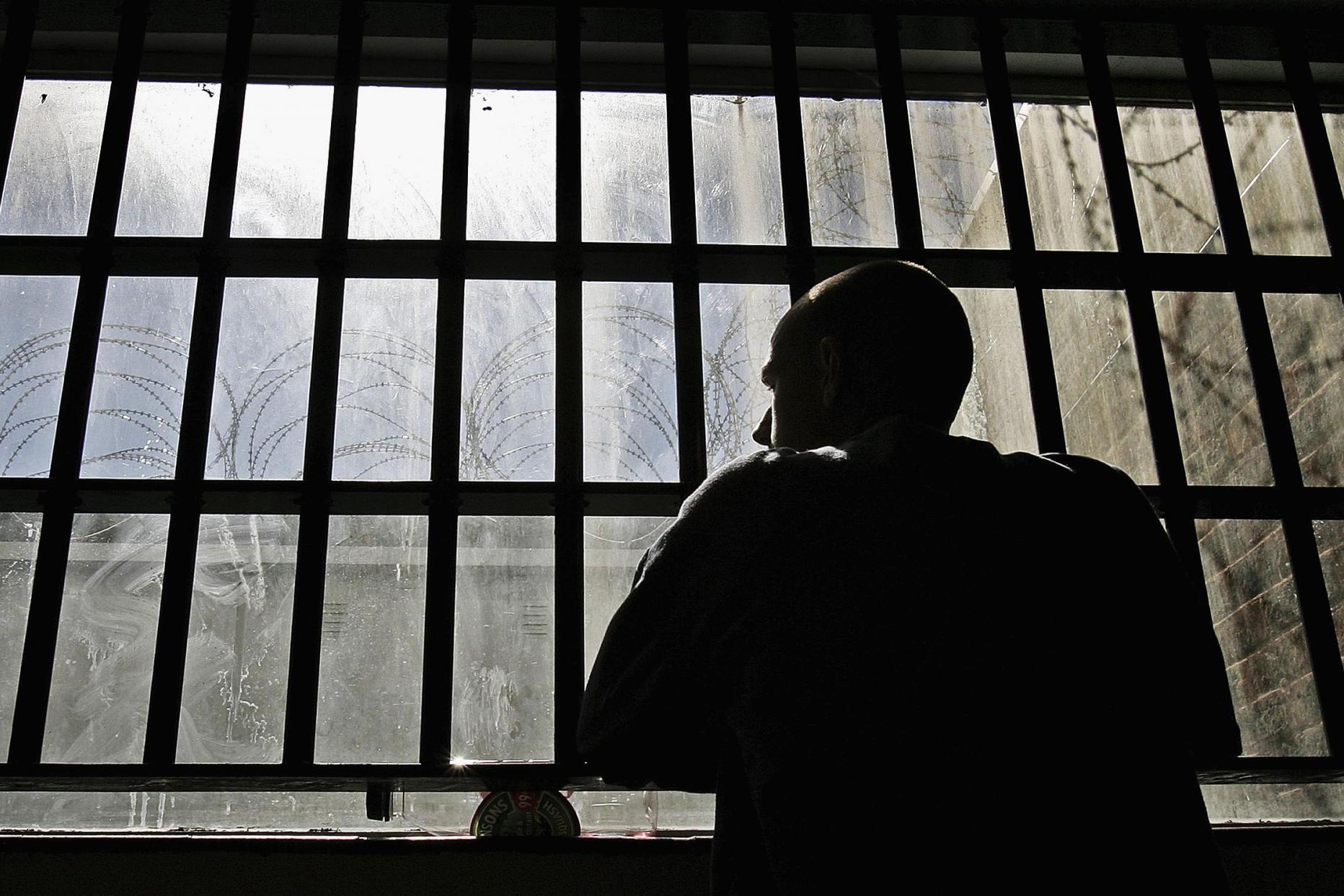Families of prisoners pay high insurance premiums and face more refusals
They may be innocent, they may be vulnerable, but the families of offenders face higher premiums and even flat refusals

When people go to prison their families suffer in a multitude of ways. They are vulnerable to poverty, debt and housing disruption when their loved ones are sent down, yet the financial penalties continue even once their partners or children are released home afterwards.
Insurance is a key example of how completely the financial exclusion of ex-offenders can ripple out to affect their families too. Gordon Dewar, managing director of the Salvation Army General Insurance Corporation, is speaking out about “excessive” insurance penalties and the impact it can have on the finances and protection available to households.
Commenting in the organisation’s news publication The War Cry, he warned that insurers treat innocent family members as guilty by association.
“This can result, for example, in a wife either not being able to insure the family home, because of her husband’s record, or being asked to pay much higher premiums or increased excesses,” he says. “If the husband is struggling to find work, the bigger bills put the whole family under extra pressure.”
If the family can’t afford those higher bills then they are left without protection. A fire or flood or burglary could leave them with nothing, amplifying their vulnerability.
The issue is not just for partners; parents of wayward teenagers can find their household insurance rises, with insurers blaming the risk that they might bring home criminal connections.
And the families of sex offenders are penalised by either insurance being refused or the premiums hiked, on the grounds that the home is vulnerable to vigilante attack.
“That innocent families have to suffer is an inequity,” Dewar argues. “They should not have to pay for crimes they have not committed. They have suffered enough.”
Not that niche
This may seem a niche financial concern but it is one that affects hundreds of thousands of households in the UK. There are 9.2 million people in the UK with criminal convictions and one in three men has a conviction of some sort by the age of 53.
The Joseph Rowntree Foundation has reported that families of prisoners face financial disruption as well as additional costs – many send weekly cash to their loved one to buy phone cards, for example.
Speaking to Parliament, the Under-Secretary for Justice Andrew Selous has slammed insurers for “unfair” treatment of these vulnerable families.
“I am concerned that offenders’ innocent family members are being unfairly and wrongly penalised by insurance companies either withdrawing insurance cover or making it prohibitively expensive,” he says.
“In some cases, this is happening while the offender is in prison, and it is hard to see how there could be an additional risk to the insurer with regard to the family home in such cases.”
The situation is not as prolonged as it has been in the past. Only unspent convictions have to be declared and any that have become spent cannot be used to count against ex-offenders by law – the Rehabilitation of Offenders Act 1974 saw to that.
More recent legislation shortened the time some convictions remain unspent. Ex-offenders can work out whether their conviction remains unspent by using Unlock’s specialist calculator tool.
Housing instability
A report from Unlock, a charity that assists people with convictions to move on with their lives, reveals that 37 per cent of the calls made to its helpline related to insurance.
It also revealed a startling issue; that many families of prisoners and former prisoners did not know that they had to declare the situation to their insurer.
The report highlighted a case where a woman’s roof had collapsed but her insurer had told her the policy she had bought was invalid because her husband was in prison and she had not disclosed this.
And many insurers simply have a blanket ban on people with unspent convictions but this can make it harder for people who leave prison to find secure accommodation – which can be key in preventing them from reoffending.
Unlock highlights a case where “Paul” moved home with his father following a four-month stint in prison. When his father came to renew his policy he was refused buildings insurance, which put his mortgage at risk.
Paul says: “At one point my Dad was really worried that he was going to have to throw me out the house as he didn’t want to take the risk with his mortgage.
“I was never told anything about the problems around insurance when I left prison and I don’t see why it makes a different to my dad’s insurance.”
So what can former prisoners do to ensure they succeed in finding cover? Dewar suggests: “One of the drawbacks of quotes over the internet is that insurers apply a one-size-fits-all approach.
“So, if someone ticks the criminal convictions box, there is no room for discussion, and the application fails.
“The better route is to have a face-to-face conversation with a broker or company representative, who will work on a case-by-case basis.”
Subscribe to Independent Premium to bookmark this article
Want to bookmark your favourite articles and stories to read or reference later? Start your Independent Premium subscription today.

Join our commenting forum
Join thought-provoking conversations, follow other Independent readers and see their replies